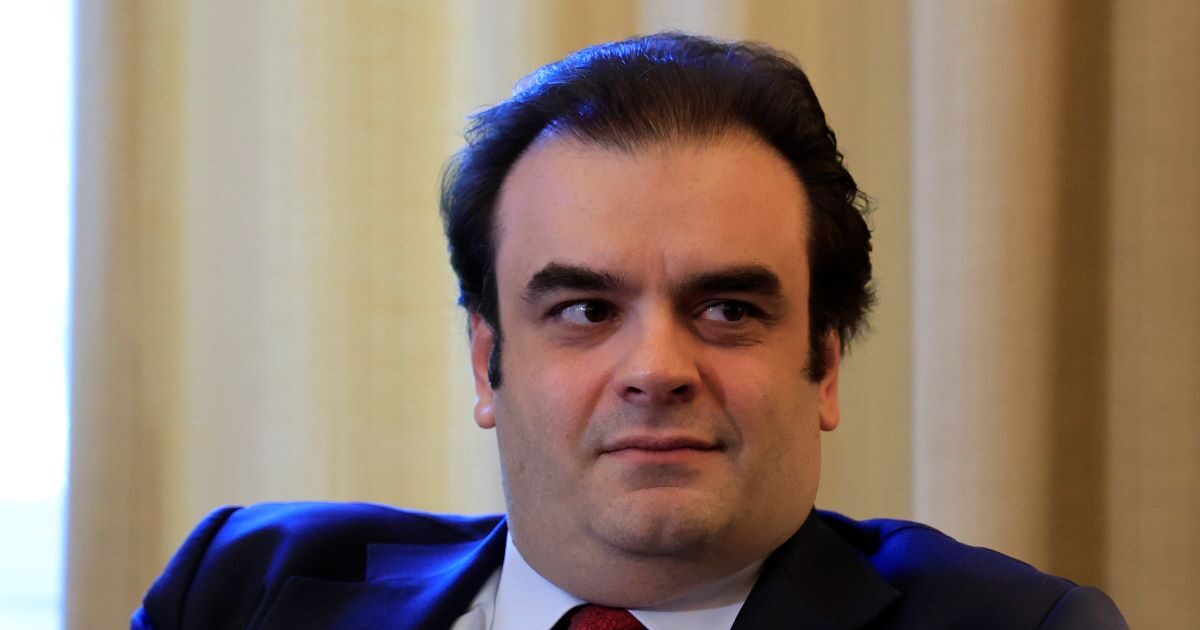The importance of the TIF package and the taxation Announced by the Prime Minister, the Minister of Finance defended in an interview with Action24 Kyriakos Pierrakakis.
Kyriakos Pierrakakis explained why there was no 13th or 14th salary, what is the budgetary margin for 2026 and why taxation is qualified through the reduction of direct taxes instead of a horizontal VAT reduction.
What did he answer for the 13th and 14th salary
The minister argued that opposition criticism “is out of European rules”, pointing out the distinction of primary and pure surplus due to the “debt” factor. He emphasized that the total cost of a permanent 13th pension and 13th/14th salary would reach € 7.8 billion, while only the 13th and 14th salary reset is estimated at around 2.8 billion euros. “They are very specific,” he said, asking those who recommend additional benefits to identify the corresponding sources of revenue.
Kyriakos Pierrakakis said that the available fiscal space for 2026 is € 1.76 billion, making it clear that even by 10 million would require new taxes. In the dilemma of “direct tax cuts or VAT”, it was openly in favor of the first choice: since January private and public sector employees, freelancers, farmers and retirees “will see more money in their account” as lighting will be imprinted. VAT reductions cited a study by the Bank of Greece showing that from every 1 euro reduction “only 19% reaches the consumer”, so “I prefer the money to get directly to themselves”.
Asked about the expansion of reduced VAT, he explained that the regulation corrects asymmetries and “injustices” between islands (eg, in Lesvos and Chios but not to Psara), while in these local economies businesses “overwhelmingly belong to the locals”. “We know that we support our small islands, our Akritis,” he said.
When will it look in the pocket
He acknowledged that citizens “haven’t seen them yet”, but sketching a clear timetable: increases for October, an additional 250 euros in November for 60% of pensioners and, since January, the tax breaks that will seem as salary increases. “No one is so naive to say that all the problems were solved,” he added, insisting that the support would be built “step by step”.
In fact, he argued that the basic “antidote” is to boost income by reducing direct taxes and stimulating growth, complementary by controls and fines on the market. “They all work together,” he said, adding that “we have deducted 83 taxes and contributions from 2019
Responding to the criticism that “nothing was said about businesses”, he referred to already taken decisions: a reduction in rates from 28% to 22%, dividend tax reduction and record in the Public Investment Program. He also highlighted the indirect benefit from reinforcing citizens’ available income and the lowest VAT on the islands
New Rental Rental
On the housing, he acknowledged that the programs “do not arrive on their own”, but recalling the return of “a rent back” which, he said, concerns “80% of tenants” as well as the tax rate on rental income announced at the TIF. He announced additional interventions “in the near future”.
Demographic and middle class in the focus
Describing the “philosophy” of the reform, he stressed that all measures serve a single goal: support of the middle class and a response to demographic. He said that 260,000 young people with income of over 10,000 euros are benefiting from tax relief, while for the three -year -olds and the elders he talked about a weightlifting of “up to two salaries a year per parent” – “for a family, four salaries will go back”. He also recalled that births have fallen below 70,000 a year, stressing that “the tax system must recognize the problem, remove weights from families, support young people and region”
